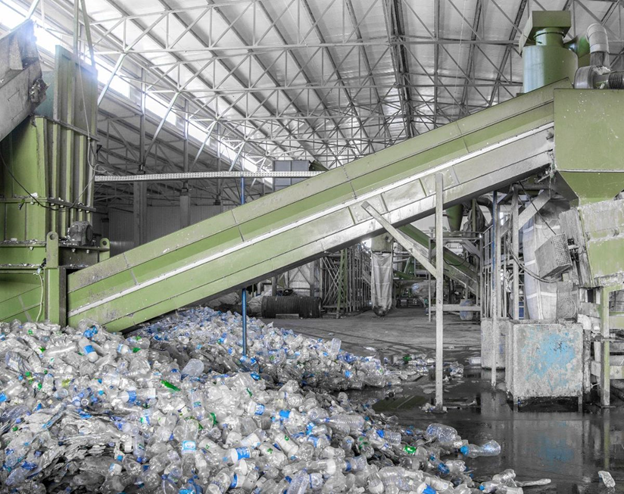Vietnam’s plastics industry to reduce dependence on imported raw materials
VIETNAMNET GLOBAL
Based on an analysis by the Viet Nam Plastic Association (VPA), importing raw materials in the plastics industry will be likely reduced in the coming years. Conversely, the export of plastic products reached 160 countries and territories last year, with a growth rate of 12-20% annually. With the orientation of transforming into a circular economy and sustainable development, many plastic manufacturers need to gradually switch to producing eco-friendly products.

The plastics industry is likely to reduce imports of raw materials in the coming years due to increased domestic production, according to the Vietnam Plastics Association.
The plastics industry has achieved growth of 12-15% a year for the last five years, chairman of the Vietnam Plastics Association Ho Duc Lam said.
Its revenues topped 25 billion USD, with exports accounting for 22%, he said while speaking at the association’s congress for the 2023-2028 tenure held in Ho Chi Minh City on October 25.
The industry imports 70% of its raw materials, he said.
They jumped to 7.1 million tonnes in 2022 from 5.5 million in 2018.
Domestic supply comes from Long Son, Dung Quat and SCG oil refineries and Hyosung polypropylene plant.
Their output is nearly three million tonnes a year, and Lam said it is expected to increase in the next few years, resulting in the reduction of imports.
Vietnam exports plastics products to 160 countries and territories and they have grown at an average of 12-20% annually, reaching 5.5 billion USD last year.
Lam said there is ample room to increase exports on the back of trade deals like the EU-Vietnam Free Trade Agreement (EVFTA).
The EVFTA provides Vietnamese plastic products with a significant competitive advantage when entering the EU market with zero tariffs, he said.
Vo Tan Thanh, Vice Chairman of the Vietnam Chamber of Commerce and Industry, said the plastics industry, with its high growth rate in recent years, is one of the Government’s priority sectors.
With new policies related to the circular economy and sustainable development, the plastics industry nevertheless faces many challenges along with opportunities, he said.
Vietnamese plastic manufacturers need to be well prepared to switch to eco-friendly products, he added.
There are around 4,000 plastics companies in the country, of which 90% are small or medium-sized enterprises, the vast majority of them in the South./.VNS











